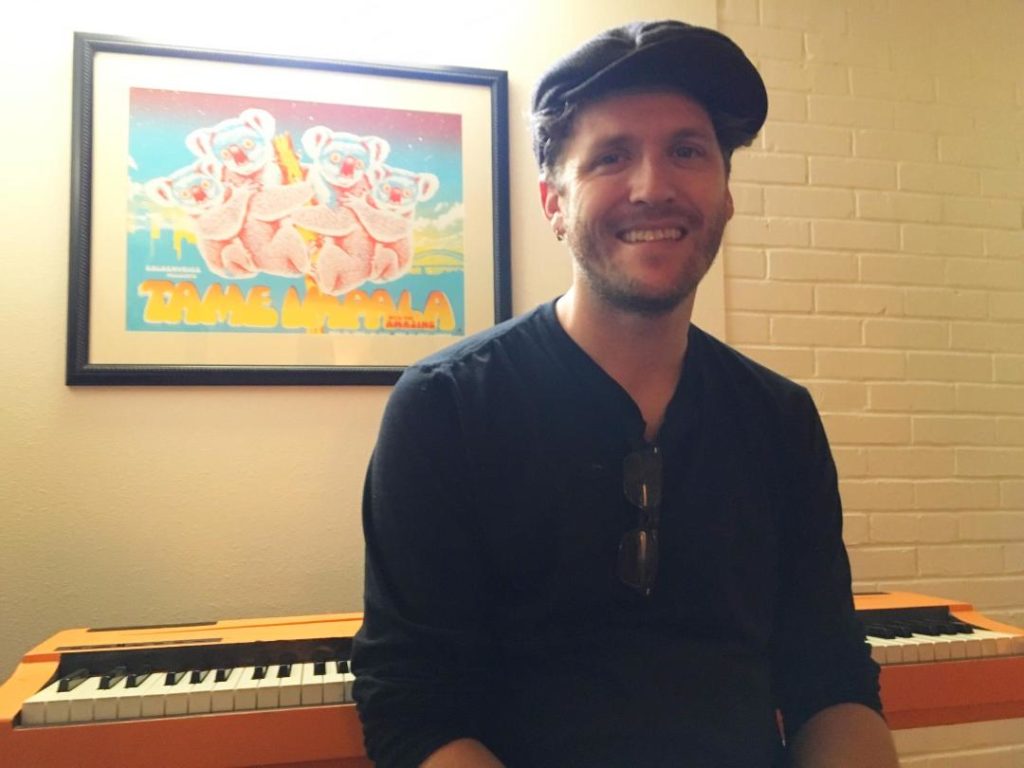
Oxford Academic is home to a wide variety of products. View the institutional accounts that are providing access.View your signed in personal account and access account management features.Some societies use Oxford Academic personal accounts to provide access to their members.Ĭlick the account icon in the top right to: See below.Ī personal account can be used to get email alerts, save searches, purchase content, and activate subscriptions.


Some societies use Oxford Academic personal accounts to provide access to their members. If you do not have a society account or have forgotten your username or password, please contact your society. Do not use an Oxford Academic personal account.

In time, painters would follow suit, artists such as Whistler, Kandinsky, and Klee finding in music analogies for their own quest for the painting of mood and atmosphere, or for more formal concerns. But they also found in music (as they understood its newly bestowed powers of abstraction and idealization) a powerful argument for the autonomy of art freed from dependence upon the representation of the material world, or, indeed, from instrumental ends such as morality. These writers were primarily seeking modes of writing capable of conveying the complexity of consciousness. From the later nineteenth century a succession of writers, starting with Mallarmé and followed by names as varied as Strindberg, Joyce, Eliot, Stein, Huxley, Pinget, Leiris, Beckett, Tardieu, and Thomas Bernhard adopted music directly as a model for writing, not only poetry, but also novels and drama. In this book David Roesner cites a passage by the German Romantic writer Heinrich von Kleist from as early as 1811 that already presents the analogy between writing and music as an aspiration.

Ever since ‘the idea of absolute music’ (Carl Dahlhaus, The Idea of Absolute Music (Chicago, 1991)) became the ideology of absolute music in the early nineteenth century, the other arts have one by one turned to music as a model for their own procedures.


 0 kommentar(er)
0 kommentar(er)
